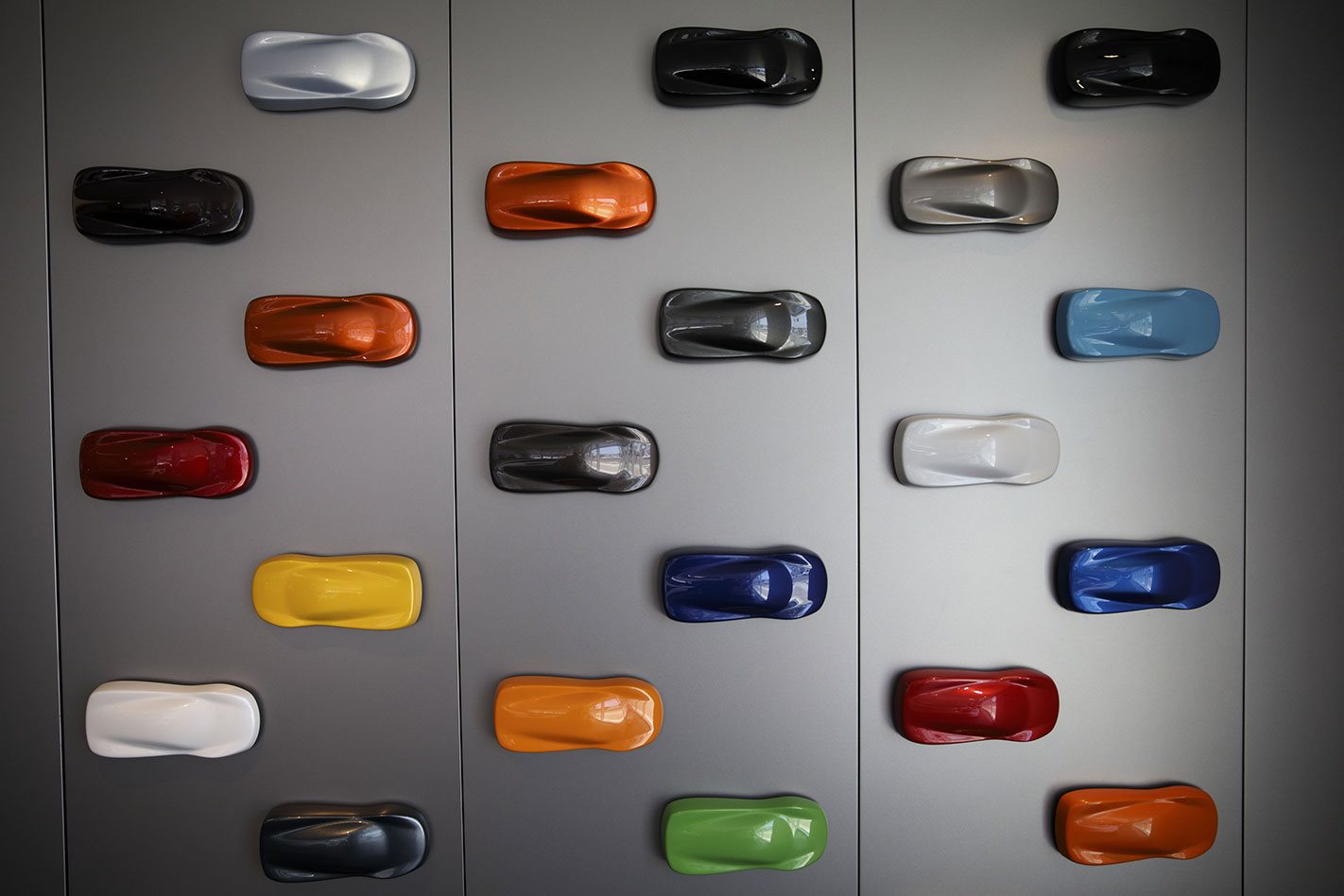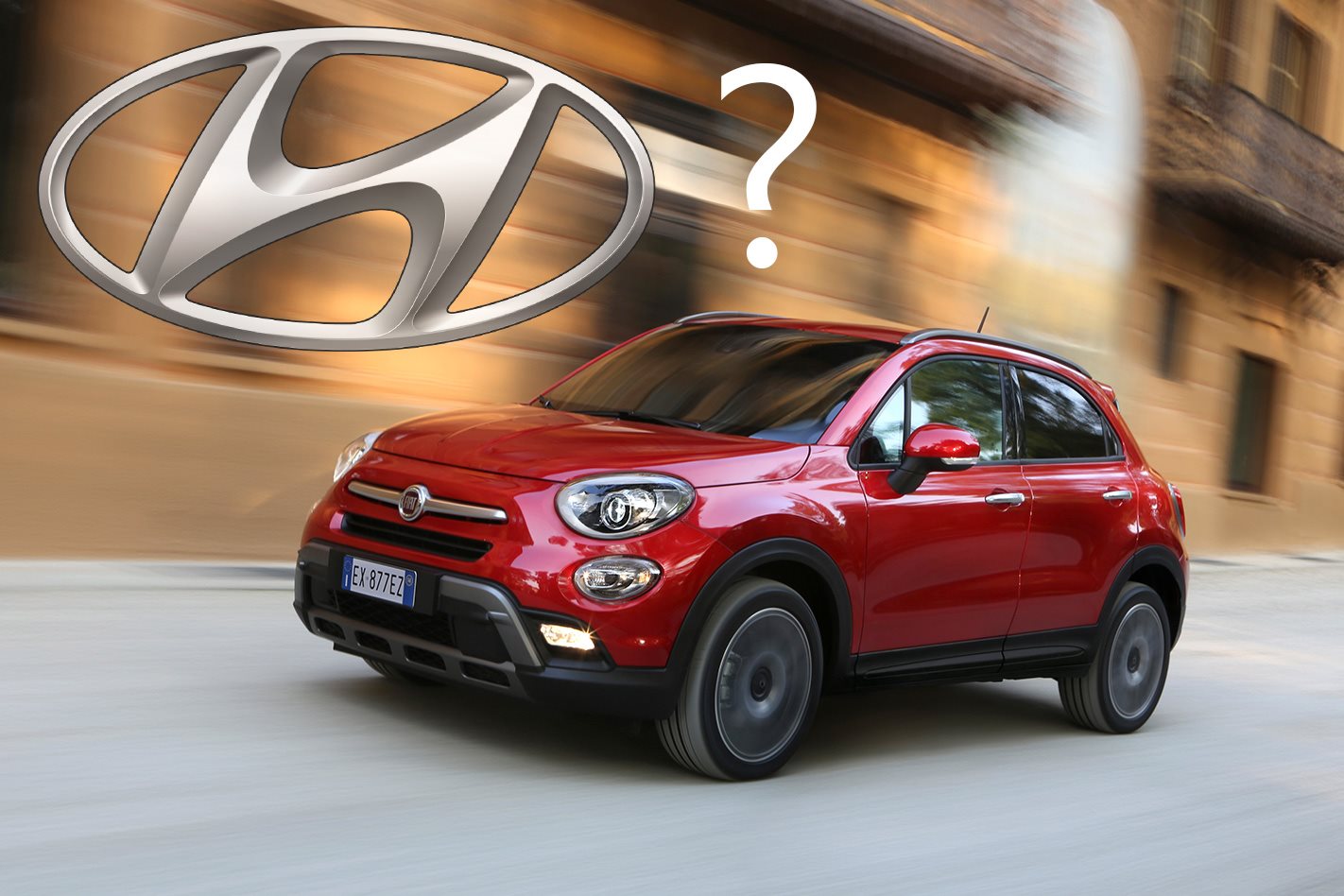AUSTRALIA’S consumer watchdog has savaged the new-car sales industry in a scathing report that calls for more regulation and better protections for buyers – including more believable fuel use figures.
The Australian Competition and Consumer Commission report – the result of almost 18 months of analysis of the new-car market – has drawn a strong reaction from the industry, with the Federal Chamber of Automotive Industries saying the findings had “maligned” new-car retailers.
The final report, released late yesterday, calls for “several reforms to improve the new car retailing industry, which should lead to better outcomes for consumers”.
“Some will require industry led change and others, we consider, require regulation,” ACCC chairman Rod Sims said.
The report was critical of the way that dealer agreements, the commercial arrangements made between car importers and the dealerships that sell them, allowed the dealerships to respond to complaints from buyers.
“If manufacturers’ policies and procedures don’t adequately recognise consumer guarantee rights, this can influence the behaviour of dealers in responding to complaints,” the ACCC said.
“We recommend that car manufacturers update their complaint handling systems to ensure consumer law is front and centre of relevant systems, policies and procedures. Conditions or obligations under the manufacturer’s warranty must not exclude or limit consumers’ rights.”
However, the ACCC said it was concerned that some brands imposed “unnecessarily complex warranty claim processes, leaving dealers inadequately compensated for repairs or remedies provided to consumers”.
“Dealers have direct responsibility to provide remedies to consumers but they also have a right under the Australian Consumer Law to recover the reasonable costs of providing these from the car manufacturers when the manufacturer is at fault,” it said. “We will take action if a manufacturer prevents a dealer from fulfilling their legal obligations under consumer law.”
The official fuel use figures provided by Australian tests – which are sometimes up to 20 percent higher in the real world depending on driving style – also fell under the watchdog’s scrutiny.
“The ACCC recommends that the Federal Government introduce more realistic laboratory tests for fuel consumption and emissions, and an on-road ‘real driving emissions’ test to give new car buyers more accurate information,” it said. “Our research shows fuel consumption is the third most significant purchasing factor for consumers after price and model. We are concerned that new car buyers are not receiving accurate information about fuel consumption or emissions performance.”
FCAI chief executive Tony Weber said the ACCC report not only revealed a poor understanding of the industry but also provided meagre evidence to support the need for change.
“While the FCAI and motor vehicle companies in Australia are still studying the detail of today’s report, at first blush it appears that the ACCC has taken 18 months to research and understand a complex industry, and failed to properly comprehend it,” Weber said. “The ACCC’s report appears to be predicated on a very small number of complaints which it uses to tarnish Australia’s $17.5 billion retail motor industry. This is not only unfair, it is inaccurate.”
Weber said the retail new car industry had been “unfairly maligned” by the report, which also said manufacturers should supply independent repairers with technical information so that owners did not have to return to dealerships to have their vehicle serviced. “The reality is that as modern motor vehicles become more sophisticated, the independent repair sector needs to continue to adapt and change to ensure it remains relevant and up to date,” Weber said. “Independent repairers shouldn’t be able to say they can repair all makes and models when clearly they can’t. Unfortunately, today’s report just smacks of the ACCC looking to support old and failing business models for independent repairers.”
The ACCC has taken various car brands to court recently including Audi (over diesel emissions claims), Ford (over problems with the Powershift dual-clutch gearbox fitted to Fiesta, Focus and EcoSport models), Holden (in relation to a manufacturing fault with the Captiva SUV) and Volkswagen (over Dieselgate emissions cheats).





